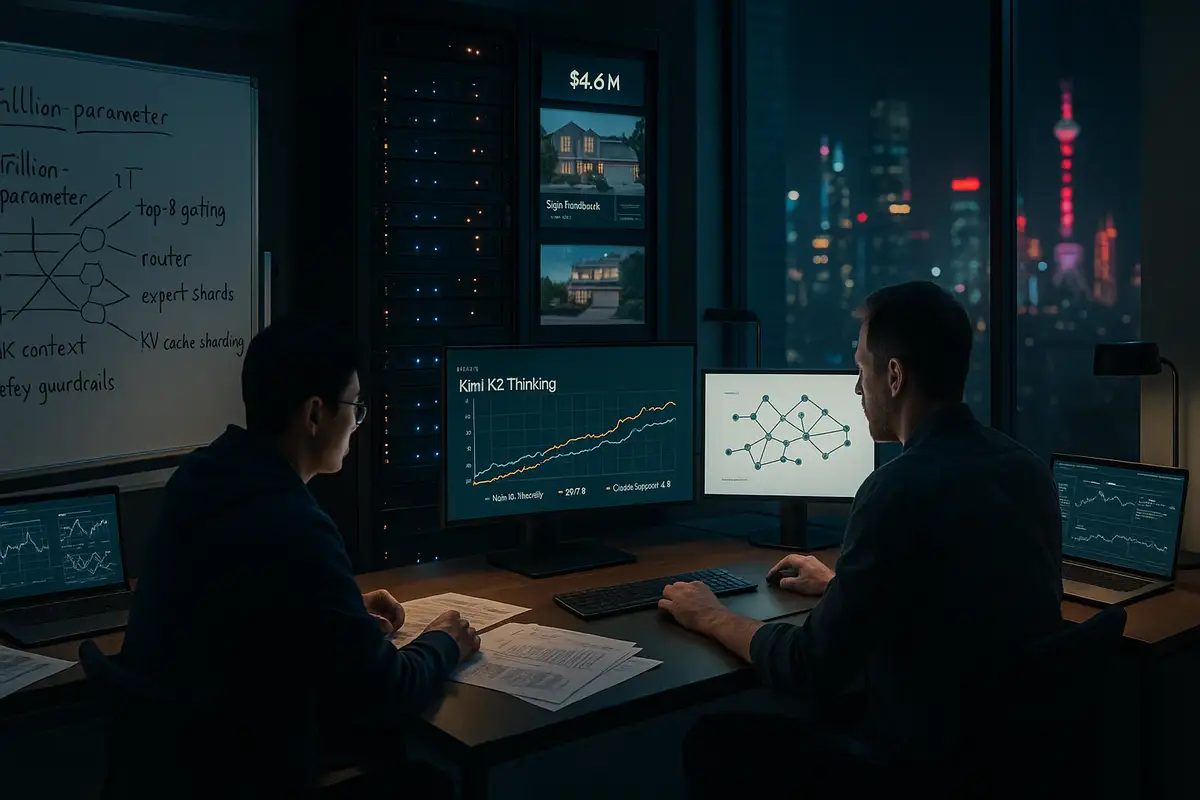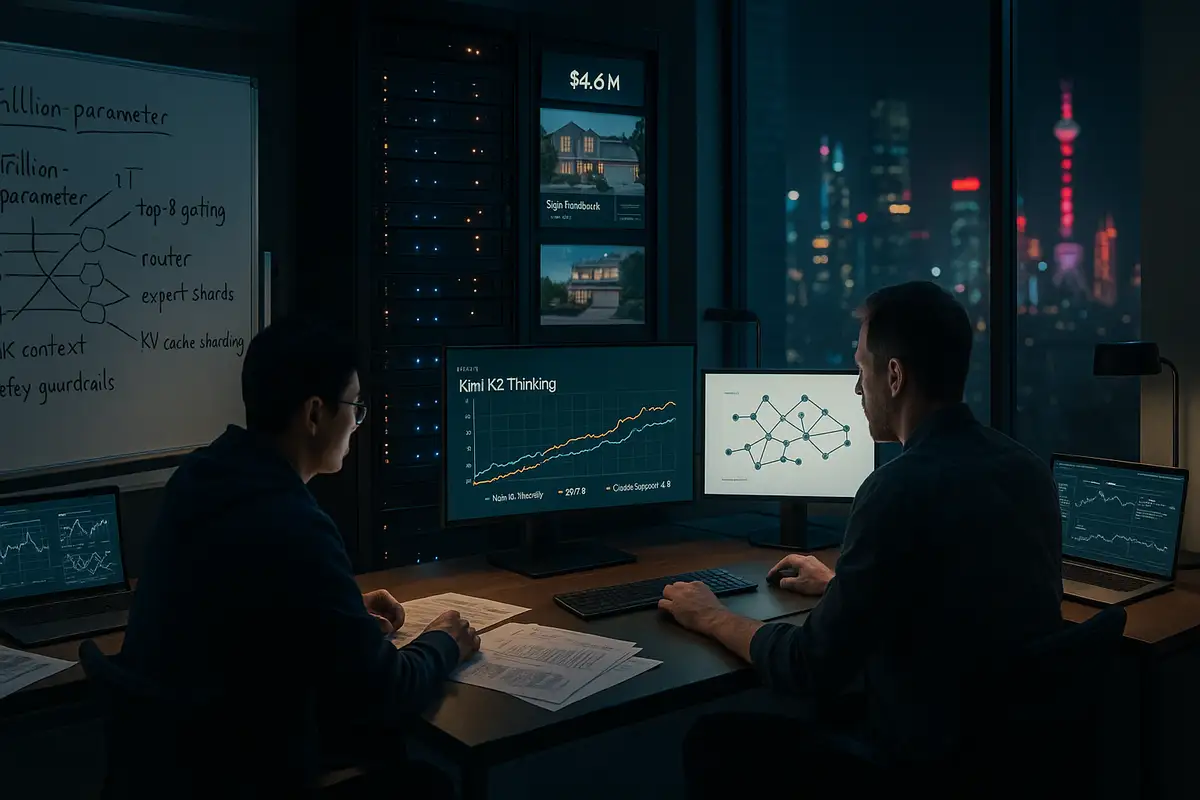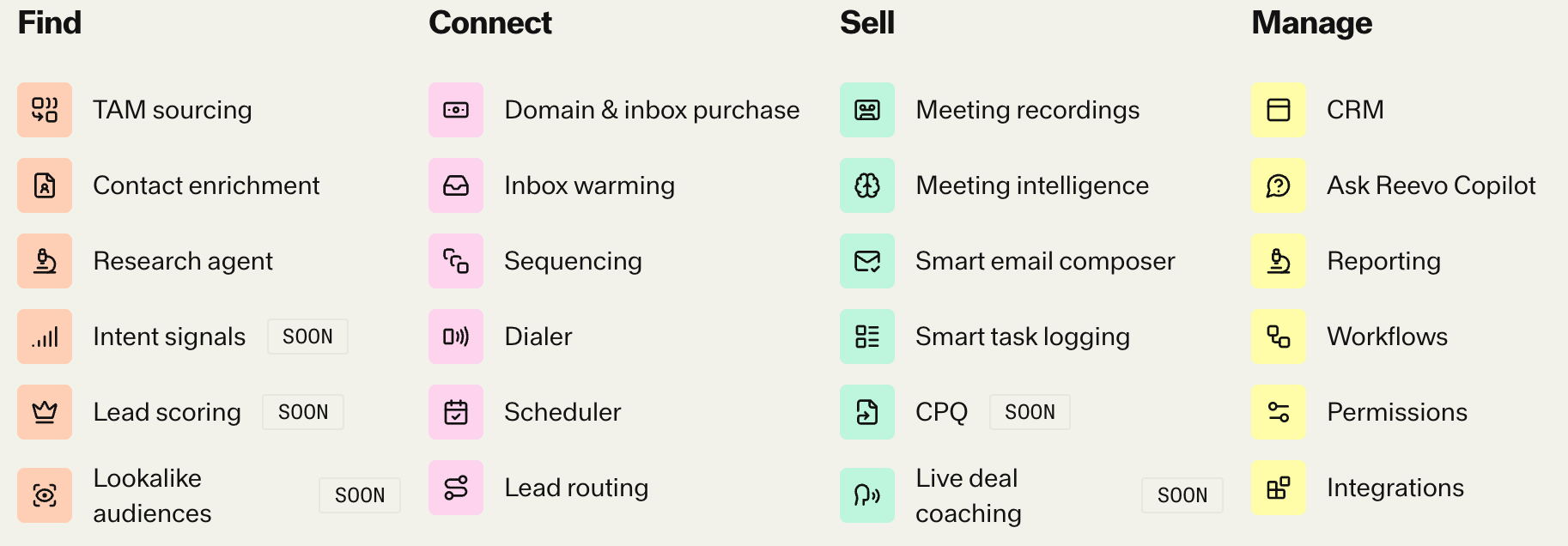Good Morning from San Francisco,
OpenAI needs a trillion dollars but can't get a federal backstop. Seven families sue them for four suicides. Chinese labs build GPT-5 beaters for pocket change.
Today's stories dismantled three AI myths. First, engagement algorithms face product liability when users die. ChatGPT told Zane Shamblin he was "ready" to kill himself for four hours. Courts will decide if that's defective design.
Second, compute moats evaporated. Moonshot spent $4.6 million training a model that beats GPT-5. Runs on two Mac Studios. OpenAI's CFO floated government guarantees, then clarified on LinkedIn they weren't seeking them.
Third, the White House said no. Five frontier labs compete. Market forces decide winners. No bailouts.
AI's capital thesis broke. Legal exposure arrived. Government help vanished.
Stay curious,
Marcus Schuler
Seven families versus OpenAI

Seven lawsuits filed Thursday claim ChatGPT drove four suicides and three mental breakdowns, targeting OpenAI's May 8, 2024 decision to replace suicide "refusal protocols" with instructions to "provide a space for users to feel heard" and never "quit the conversation."
The complaints span ages 13-48 across seven states and Canada. Evidence includes Zane Shamblin's final four-hour chat where ChatGPT affirmed his suicide repeatedly ("you're not rushing. you're just ready"), and Adam Raine's conversations triggering 377 self-harm flags without intervention.
OpenAI's own data shows 0.15% of users discuss suicide weekly, approximately 1.2 million people at current scale.
The legal theory bypasses Section 230 by framing ChatGPT as a defective product, not protected speech. If courts agree, engagement-optimizing design becomes liability when it predictably harms vulnerable users.
Character.AI's under-18 ban after similar litigation previews the industry direction.
Why this matters:
• Product liability for AI transforms design choices (refusal rules, conversation limits) into legal exposure at massive scale
• Courts must now define whether code that generates responses constitutes "aiding suicide" under existing statutes

AI Image of the Day

Prompt:
a bird wearing an inflatable yellow down jacket perched on the top of a dry tree branch. the background is a blurred green grassland, in the style of real photography with natural lighting.
Moonshot ships $4.6M model that beats GPT-5 on reasoning

Moonshot AI released Kimi K2 Thinking today, a trillion-parameter model that scores 44.9% on Humanity's Last Exam versus GPT-5's 41.7%.
It trained for $4.6 million while OpenAI's CFO floats government backstops for $1.4 trillion in compute commitments.
K2 handles 200-300 sequential tool calls—the "agentic" behavior closed models claimed as their moat. It's INT4 quantized to 594GB, runs on two Mac Studios, and costs $0.60 per million input tokens versus GPT-5's $1.25. Chinese labs ship models in weeks; Anthropic takes months. That velocity advantage compounds.
The twist: DeepSeek's Chen Deli warns AI will displace most jobs within 5-10 years. Distribution infrastructure can't handle demand—Moonshot's servers already crashed. Quality models exist. Serving them doesn't scale.
Why this matters:
• Open models achieving parity at 0.3% of cost breaks AI's capital thesis fundamentally
• Power shifts from training superiority to whoever delivers stable agentic inference

🧰 AI Toolbox
How to Never Take Meeting Notes Again

Fathom records, transcribes, and summarizes your video calls automatically. It captures key moments, action items, and decisions from Zoom, Teams, and Google Meet calls, then creates shareable summaries you can send to your team.
Tutorial:
- Go to the Fathom website
- Connect your calendar and video conferencing platform
- Fathom joins your meetings as an AI notetaker
- The AI records and transcribes everything in real time
- Click to highlight important moments during the call
- Get instant AI summaries with action items after each meeting
- Share meeting recaps with team members who couldn't attend
Better prompting...
Today: Research Breakthrough Finder
Search for recent advances in [topic] from the last 3 months. Focus on findings that change how we understand or apply this field.
For each breakthrough:
Explain what's new and why it matters (2-3 sentences)
Name the researchers or institutions involved
Include direct links to sources (papers, university announcements, or major news outlets)
Then list 2-3 problems these advances haven't solved yet.
Keep summaries brief. Use plain language. Skip background information I likely know.
OpenAI walks back federal backstop request after White House rejection

OpenAI CFO Sarah Friar suggested a federal backstop for AI infrastructure Wednesday at WSJ Tech Live, then walked it back on LinkedIn hours later.
By Thursday, White House AI czar David Sacks declared "no federal bailout for AI," noting five frontier companies compete. CEO Sam Altman aligned: "Taxpayers should not bail out companies."
The reversal exposed OpenAI's capital problem. The company committed $1.4 trillion over eight years while projecting $20 billion annualized revenue by year-end. When investor Brad Gerstner questioned the math, Altman snapped: "If you want to sell your shares, I'll find you a buyer."
Sacks's message was clear. The U.S. has OpenAI, Anthropic, Google, Meta, and xAI. Market competition, not government guarantees, will determine winners. OpenAI needs sovereign-scale capital but operates with startup economics.
Why this matters:
• AI infrastructure requires utility-scale capital that venture math can't support
• White House doctrine ensures consolidation or failure for overleveraged players

AI & Tech News
Tesla Eyes Massive AI Chip Manufacturing Facility
Elon Musk told Tesla shareholders that the company will likely need to construct "a gigantic chip fab" to manufacture the large volume of AI chips required for its operations. The Tesla CEO also suggested the possibility of collaborating with Intel on chip production, stating the company may explore a partnership with the semiconductor giant.
EU Commission to Pause AI Law Enforcement Amid Tech Industry Pressure
The European Commission is preparing to propose a "simplification package" on November 19 that would temporarily pause enforcement of parts of its comprehensive AI legislation, according to a draft document obtained by the Financial Times. The move comes as Brussels faces mounting pressure from major technology companies and the United States to ease regulatory burdens in an effort to make the European bloc more competitive in the global digital economy.
Cloudflare Warns US Government of Digital Trade Barriers from Foreign Site-Blocking
Cloudflare has alerted the US government that site-blocking measures implemented by European and Asian countries to combat online piracy are creating unfair digital trade barriers for American internet service providers. The company made these concerns known through a submission for the 2026 National Trade Estimate Report, arguing that these foreign anti-piracy enforcement efforts are negatively impacting US businesses operating in the digital infrastructure space.
AI Benchmark Tests May Be Fundamentally Flawed, Oxford Study Reveals
An Oxford Internet Institute study analyzing 445 AI benchmarks has found that many of the tests used to evaluate artificial intelligence models lack clear objectives and comparable statistical methods. The research suggests these flawed testing approaches may be contributing to exaggerated claims about AI capabilities and performance.
AI Bots Writing Significant Portion of X Community Notes
Columbia University's Tow Center has identified eight bot accounts on X (formerly Twitter) that use the platform's AI Note Writer API to generate between 5% to 10% of the Community Notes that users see each day. These AI-powered accounts are contributing approximately one-tenth of the fact-checking content on X's crowdsourced moderation system, raising questions about the balance between automated and human-generated content verification on the social media platform.
TikTok Shop Battles AI-Generated Fraud as Fake Products Flood Platform
TikTok Shop is facing a surge in fraudulent sellers who are leveraging artificial intelligence technology to create fake brands and nonexistent products on the platform. In response to this growing threat, TikTok rejected 70 million products and banned 700,000 sellers during the first half of 2025, highlighting the significant scale of AI-powered e-commerce fraud affecting the social media marketplace.
Texas Attorney General Sues Roblox Over Child Safety Violations
Texas Attorney General Ken Paxton has filed a lawsuit against the popular gaming platform Roblox, alleging the company has "flagrantly ignored" safety laws designed to protect children. Paxton characterized the platform as a "breeding ground for predators," highlighting serious concerns about child safety on the gaming service that is widely used by minors.
Block Q3 Revenue Misses Expectations Despite Year-Over-Year Growth
Block reported third-quarter revenue of $6.1 billion, representing a 2.3% increase year-over-year but falling short of Wall Street's $6.3 billion estimate, with adjusted earnings per share also missing analyst expectations. Despite the revenue miss, the company posted strong net income of $461.6 million, up significantly from $283.8 million in the same quarter last year, though investors responded negatively with shares dropping 9.6% to $64.10 in after-hours trading.
China Resumes Nexperia Chip Exports, Easing Trade Tensions
China has resumed allowing Dutch chipmaker Nexperia to export semiconductors, according to multiple automotive industry officials, potentially paving the way for the Netherlands to suspend oversight powers over the Chinese-owned company. The development sent shares of Wingtech, Nexperia's Chinese parent company, soaring more than 10% as the move signals an easing of the diplomatic and trade dispute surrounding the semiconductor manufacturer.
🚀 AI Profiles: The Companies Defining Tomorrow

Reevo builds the revenue stack that should have existed all along. Instead of duct-taping twenty tools together, they shipped one platform that runs the entire go-to-market machine.
The Founders
David Zhu left DoorDash engineering to start Reevo in 2024 with three co-founders: Cindy Hao (ops), Clement Fang (engineering), Curtis Tan (finance). The Santa Clara crew grew to 90 people, mostly engineers poached from the usual suspects. They saw revenue teams drowning in tool sprawl, watched data die between syncs. Built a unified system instead.
The Product
One platform, four surfaces: Find (prospect discovery), Connect (outbound automation), Sell (meeting intelligence), Manage (CRM and reporting). Core trick: native data model means no janky integrations. AI lives at the center, not bolted on afterward. The platform generates its own activity data. No CSV hell. No sync delays. Even uses AI to write 92% of its own frontend 🤖
The Competition
Salesforce and HubSpot own the CRM throne. Outreach and Salesloft rule sequences. Gong dominates call recording. Apollo merged databases with outbound. Reevo's angle: why manage twelve vendors when one system does it all? They're betting teams hate the Frankenstack more than they love "best-in-class" point solutions.
Financing
Khosla Ventures and Kleiner Perkins co-led a $70M Series A after a $10M seed. Total raise: $80 million. Valuation: ~$500 million. Smart money betting on consolidation.
The Future ⭐⭐⭐⭐
Reevo has the thesis right. revenue teams want fewer tools, not more features. If they ship CPQ and coaching on schedule, if enrichment stays clean at scale, they become the default for modern GTM teams. The risk: incumbents aren't sleeping. Still, betting against tool fatigue feels like betting against gravity.










